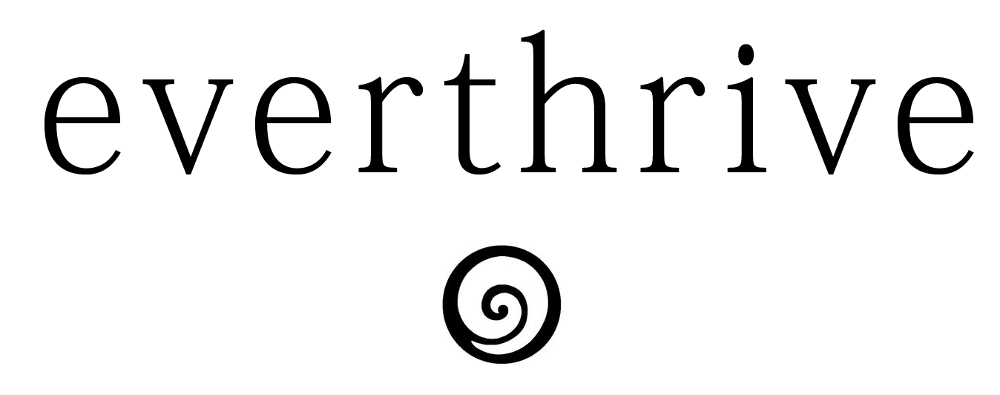Web of Belongingness
There was once an animal behaviorist who devised a theory about human needs. Through the study of monkeys, Abraham Maslow concluded that, in order to reach our full potentials, we have to belong. This basic need, above needs such as food, water, shelter, and safety, takes root in our need to feel important, and to see our importance reflected in the mind's of others. We have an innate desire to be socially acknowledged, and we maintain our social selves by chronicling our accomplishments on resumes and portfolios, and on social and professional networks.
We belong to families, to high school friend circles, to college societies, and to employment related groups. We assert our social selves in digital arenas, email chains, and text messages. We say "yes" to each wedding invitation, each Sunday brunch, each "friend" request, and follower. Our web of belongingness reaches further and further with each successive interaction, and our social needs, stretched thin, become more transparent and more difficult to define and satisfy. We are left questioning ourselves - How do we know when we are done belonging? When can we simply belong?
Satisfying social needs has become more complex since the 1940s when Maslow published his first book on human motivation. Currently, and very obviously, we not only have to satisfy these needs in our real world, but we must also satisfy them in a virtual world as well. The decisions we make regarding the need to belong have become limitless with all the available methods of communication. Often we worry that we may miss out on a social event of some kind, or a friend connection on Facebook, and we continually expand our reach. With every "yes" or click, there resides a hope that, finally, our belonging needs will be fulfilled.
Unfortunately, endless physical and virtual opportunities to connect muddle the definition of social "needs," and transform these needs into social "wants." Our progress is limited not only by the confusion between what we need socially, and what we want socially, but also by the simple fact that we often don't take the time to be grateful for the belongingness we already feel. Showing gratitude can help us to appreciate what we have, and help us to avoid superficial social actions and connections that accumulate into "wants." Maslow argued that if we demonstrate small acts of gratitude, and are thankful for what relationships we have, we will know more about what we truly need socially. We will thrive in our ability to "enjoy life in general and practically all its aspects, while most other people enjoy only stray moments of triumph."

